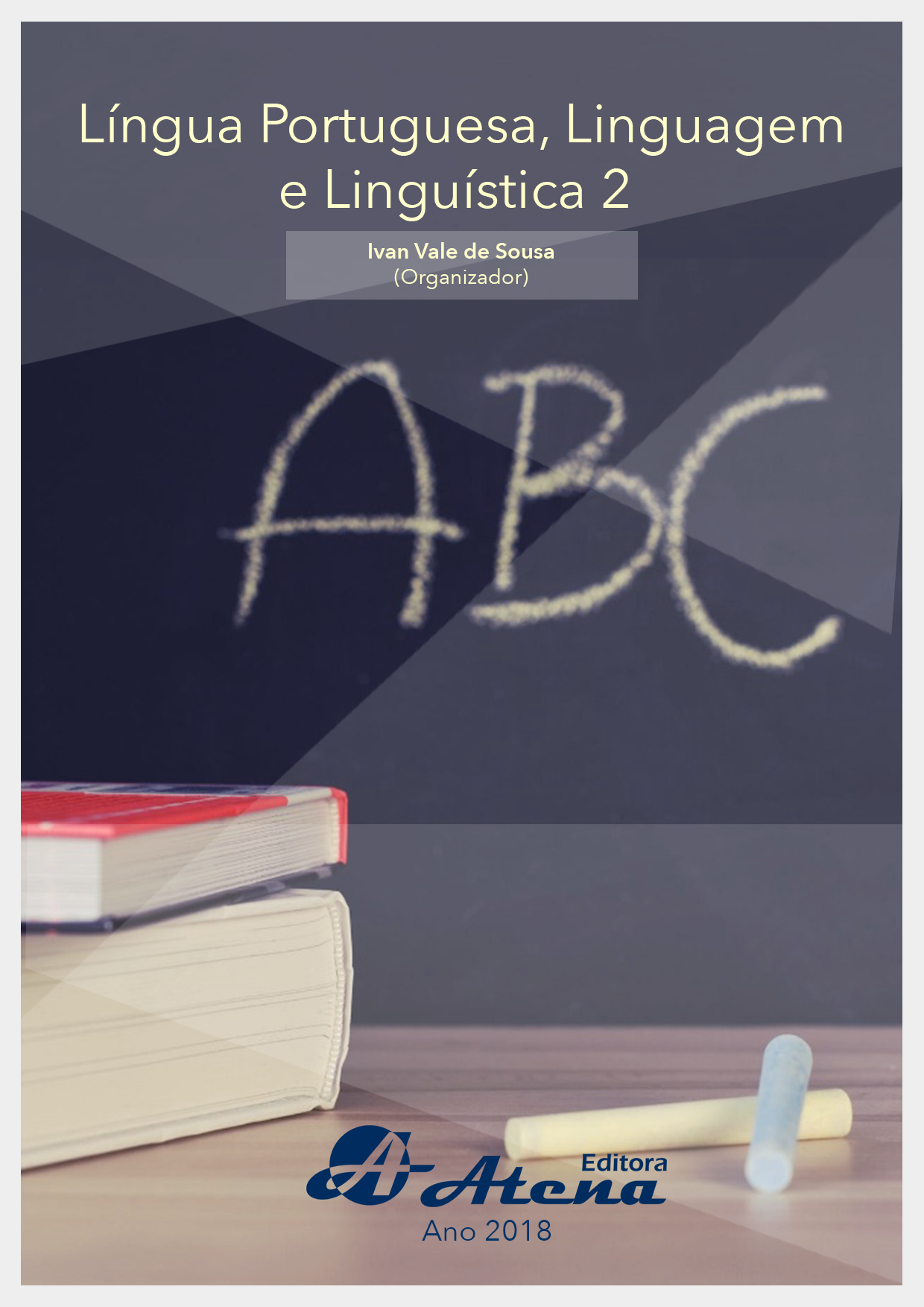
TECNOLOGIA E EDUCAÇÃO: SENTIDOS DO DIGITAL
Este trabalho tem por objeto de
estudo o discurso sobre a tecnologia e seu “uso”
e de como está materializado em documentos
que regem a educação nacional, a partir do
documento Diretrizes Curriculares Nacionais; a
educação catarinense, no documento Proposta
Curricular de Santa Catarina (2014); e a lei
que rege o funcionamento dos laboratórios de
informática nas escolas brasileiras, chamada
de ProInfo. No gesto de leitura e interpretação,
mobilizamos dispositivos teóricos que podem
ajudar na discussão e compreensão do que
é visível no texto e no discurso e o que sofre
apagamento. Tomamos o termo ‘Tecnologia’ e
seus derivados a fim de responder à pergunta:
qual o lugar da tecnologia no processo educativo
indicado pelos documentos analisados? Na
contradição da realidade educacional, entre o
real e o ideal, o discurso da tecnologia povoa
o imaginário como a resolução de problemas.
Há, com a tecnologia, o efeito de sentido de
modernização das Escolas, e isso inclui o uso da
tecnologia e a força do contexto sócio-histórico
que reserva mais ao discurso da modernização
do que à ação propriamente dita. A garantia
de uso não é garantia de aprendizagem, no
entanto é, talvez, a possibilidade de sentido de
construção da autonomia, no contexto digital, a
partir da prática, da reflexão, do uso. Os sentidos
dispostos dão conta que o papel que o Estado
toma para si é o de provedor, e também apaga o
sentido de que não há responsabilidade além de
prover, não há reflexão ou ação empreendedora
de construção de autonomia do sujeito.
TECNOLOGIA E EDUCAÇÃO: SENTIDOS DO DIGITAL
-
DOI: Technology. Discourse Analysis. School
-
Palavras-chave: Tecnologia. Análise de Discurso. Escola.
-
Keywords: Technology. Discourse Analysis. School
-
Abstract:
This study aims to study the
discourse about technology and its “use” and
how it is materialized in documents that govern
the national education, from the document
National Curriculum Guidelines; the education
of Santa Catarina, in the document Curricular
Proposal of Santa Catarina (2014); and the
law governing the operation of computer
labs in Brazilian schools, called ProInfo. In
the gesture of reading and interpretation, we
mobilize theoretical devices that can help in the
discussion and understanding of what is visible
in the text and discourse and what suffers
erasure. We take the term ‘Technology’ and its
derivatives in order to answer the question: what
is the place of technology in the educational
process indicated by the documents analyzed?
In the contradiction of the educational reality,
between the real and the ideal, the discourse
of technology populates the imaginary as the
resolution of problems. There is, with technology, the sense-effect of modernization
of the Schools, and this includes the use of technology and the strength of the sociohistorical
context that reserves more to the discourse of modernization than to the
action itself. The guarantee of use is not a guarantee of learning, but it is perhaps the
possibility of the construction of autonomy, in the digital context, from practice, reflection
and use. The willing senses realize that the role that the State takes for itself is that of
provider, and also erases the sense that there is no responsibility beyond providing,
there is no reflection or entrepreneurial action to build autonomy of the subject.
-
Número de páginas: 15
- Katia Cristina Schuhmann Zilio


